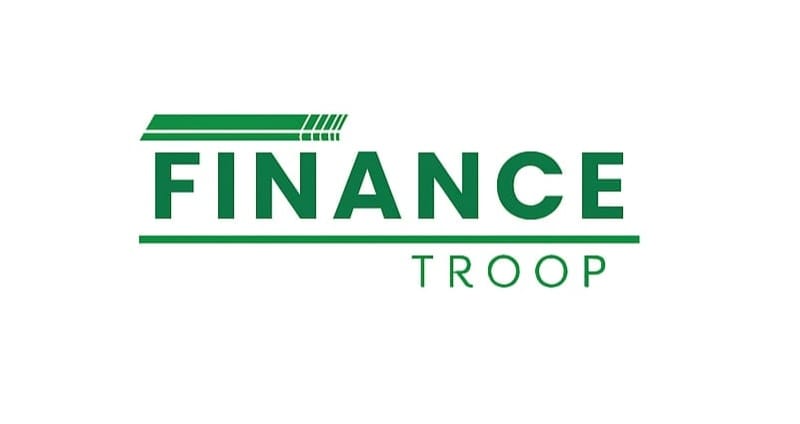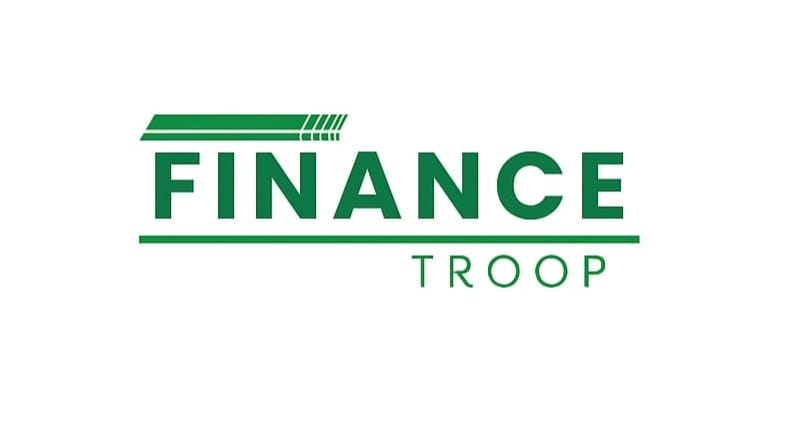Getting into a good college has never been tougher — and paying for it can be even harder. With rising tuition fees in India and abroad, many students and parents are asking:
“Can we get an education loan without offering property or fixed deposits as security?”
The answer in 2025 is YES — if you meet certain conditions.
In this guide, we’ll explain:
- Who can get a collateral-free education loan
- Best banks and NBFCs offering them
- Realistic amounts, rates & approvals
- Real-life examples to help you understand better
Let’s break it down clearly.
What Is a Collateral-Free (Unsecured) Education Loan?
An education loan without collateral means you borrow money for studies without pledging anything, such as:
- House or land
- FD accounts or gold
- Stocks or bonds
This makes it easier for middle-class families who don’t own big real estate or assets. But to qualify, banks and NBFCs check:
- Your admission quality (to a ranked university or reputed college)
- Your academic performance
- Your co-applicant’s repayment ability (usually your parents)
Best Banks & NBFCs Offering Education Loans Without Collateral (2025)
Lender | Max Loan (No Security) | Interest Rate (2025) | For |
SBI Ed-Vantage | ₹7.5L (India), ₹40L (abroad, top colleges) | 9.5% – 10.6% | India & Abroad |
ICICI Bank | ₹40L without collateral | 10% – 11.5% | India & Abroad |
HDFC Credila | ₹25L+ (select colleges) | 11% – 13.5% | Abroad |
Avanse Financial | ₹10–50L | 11% – 14% | India & Abroad |
IDFC First Bank | Up to ₹75L (flexible) | 9.5% – 13% | India & Abroad |
Axis Bank | ₹7.5–20L unsecured | 10.5% – 12.5% | India & Abroad |
Note: Every bank has a list of “approved universities.” Loans for IITs, IIMs, AIIMS, ISB, and NITs are easier to get — especially abroad
Who Can Apply for a Loan Without Collateral?
You must meet a few conditions:
- Got admission to a recognized university
- Your parent or guardian (co-applicant) has stable income
- You submit mark sheets and entrance test scores
- For abroad loans, you’ll need passport, visa, and course details
Most lenders check:
- Student’s age (<35 years)
- Consistent academic past
- Co-applicant’s job and credit score (CIBIL > 700 preferred)
Documents Required for Unsecured Education Loans
Student:
- Admission letter + course fee structure
- 10th, 12th, degree mark sheets
- KYC (Aadhaar, PAN, photos)
- Entrance test score (NEET, JEE, GRE, GMAT, IELTS etc.)
- Passport + visa (for foreign universities)
Co-Applicant (Parent or Spouse):
- Salary slips / business income proof
- Income Tax Returns (2–3 years)
- CIBIL report
- Bank statements
- Aadhaar + PAN
NBFCs (like Avanse, Credila) offer 100% digital process — some even give provisional sanction letters in less than 5 days!
Loan Repayment Terms
Most offer moratorium period = Course duration + 6–12 months
EMI starts after moratorium ends
You can repay over 10 to 15 years
Optional: Start paying simple interest during study years to save big
How to Improve Approval Chances?
Getting a no-collateral loan isn’t automatic — here’s how to boost your chances:
- Join a top-ranked institution (as per bank’s approved list)
- Provide co-applicant with stable job or business
- Keep past academic marks strong (60%+ is ideal)
- Apply early — leave time for documentation or follow-ups
- Compare multiple banks, NBFCs, and government schemes
Apply at least 1–2 months before joining to avoid last-minute delays!
Should You Still Consider a Collateral-Backed Option?
If you have an owned property, house, FD, or savings that you can pledge:
- You may get interest at 1%–2% lower
- Loan cap increases (some banks give up to ₹1 crore)
- EMI is lower = easier repayment
- But many middle-class families prefer unsecured loans to keep assets safe.
Conclusion
Education loans without collateral in 2025 are no longer impossible — if you:
- Choose the right lender
- Submit the right documents
- Show strong academic & co-applicant profile
Even without owning a house or land, you can secure funding for college in India or abroad.
Frequently Asked Questions (FAQ)
1. Which bank is best for education loan without collateral in India 2025?
As of 2025, State Bank of India (SBI Scholar Loan) is considered the best option for students seeking education loans without collateral. It offers up to ₹7.5 lakhs under the Credit Guarantee Fund for Education Loans (CGFEL) scheme with interest rates starting at 8.25%, zero processing fees, and wide acceptance by Indian and foreign academic institutions.
2. Can I get an education loan for studying abroad without collateral in 2025?
Yes, many banking and NBFC institutions in India offer collateral-free loans for studying abroad in 2025. Public sector banks like Union Bank of India and private players like HDFC Credila and Avanse provide unsecured loans for recognized foreign universities, though the amount may be higher in case of credit-worthy co-applicants.
3. What is the maximum education loan amount without collateral in India 2025?
Under the CGFEL scheme backed by the Indian government, public sector banks can sanction up to ₹7.5 lakhs education loan without any collateral. NBFCs can go higher, often up to ₹20–25 lakhs, but interest rates may vary depending on student profile, course, and university ranking.
4. What are the eligibility criteria for unsecured education loans in 2025?
To be eligible for a collateral-free education loan in 2025, students must:
- Be an Indian citizen
- Have secured admission to a recognized course/institution (in India or abroad)
- Belong to an income-eligible family, ideally under ₹4.5 lakh p.a. (for CGFSEL subsidy)
- Have a co-applicant (parent or guardian) with a valid income proof.
5. Is Vidya Lakshmi Portal useful for applying for unsecured education loans?
Yes. The Vidya Lakshmi Portal, developed by NSDL and backed by the Finance Ministry, is India’s official multi-bank platform where students can directly apply for education loans without collateral. In 2024 alone, over 1.2 million applications were processed through this portal.
6. Do I need a co-applicant for a collateral-free student loan in India?
Yes, most banks and NBFCs require a co-applicant (usually parent/guardian) even if no collateral is demanded. This ensures financial accountability and is required as part of risk mitigation. In select merit-based offers, NBFCs may waive this condition.
7. Which government schemes support loans without collateral for students?
The most prominent is the Credit Guarantee Fund Scheme for Education Loans (CGFSEL). Managed by the Indian government, it guarantees up to ₹7.5 lakhs of loan without any physical security if routed through scheduled public sector banks. Some states like Tamil Nadu and Kerala also offer top-up interest subsidies on these schemes.
8. What is the average interest rate on unsecured education loans in 2025?
As per January 2025 RBI data, collateral-free education loan interest rates start from 8.25% (for PSU banks) and can go up to 13–14% in private or NBFC sectors, depending on risk profile, loan amount, and repayment plan.
9. Can I apply for collateral-free loans if my admission is not from IIT/IIM?
Yes. While top-tier institutes ease approval, students admitted to any UGC/AICTE/NAAC-accredited university or college in India or abroad are fully eligible. Each case is evaluated individually under schemes like Vidya Lakshmi or bank’s own credit policy.
10. What documents are required for education loans without collateral in India 2025?
Typical required documents include:
- Student’s KYC (Aadhaar, PAN, etc.)
- Academic records and admission letter
- Fee structure or cost estimate from the institution
- Income proof of co-applicant (salary slips, ITR, etc.)
- Bank’s filled education loan form
PSU banks may also ask for a signed declaration under the CGFEL scheme terms.
Click here to more information: Business Loan Requirements in India 2025: Eligibility, Documents & Approval Guide




